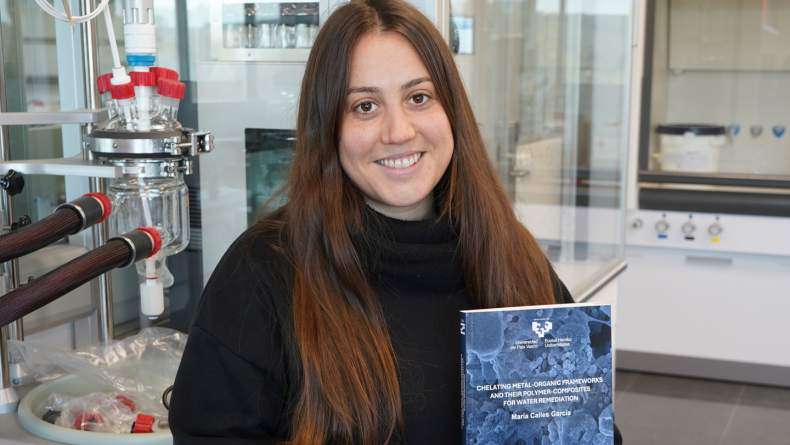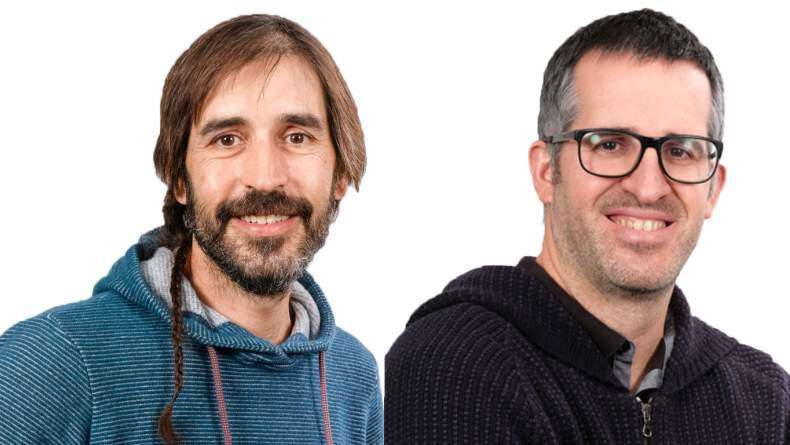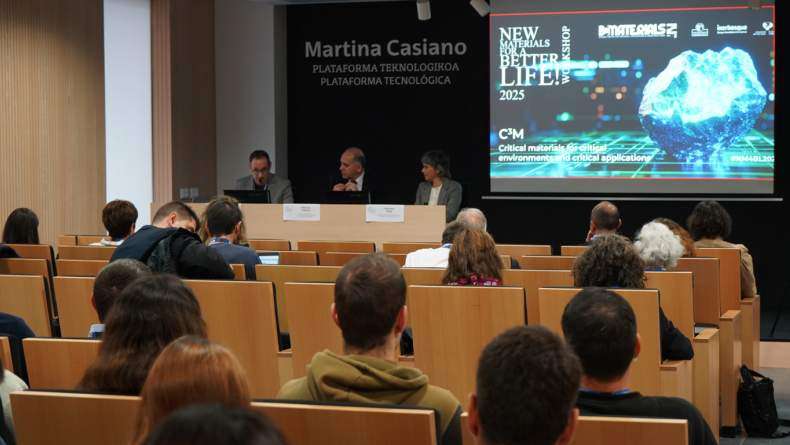3D Printing (Robocasting) of functional materials for use in catalytic, optical, and tissue engineering applications

CARMEN RIAL TUBIO
(BCMATERIALS)
3D Printing (Robocasting) of functional materials for use in catalytic, optical, and tissue engineering applications
Robocasting, also known as extrusion-based ink, is a 3D printing technique that may to produce complex 3D shapes structures taking a virtual design from computer aid design (CAD) software. This technique relies on printing a continuous ink filament in a layer- by- layer sequence. This technique offer new opportunities for patterning materials from micro- to macroscale. In this talk, it will first provide an overview of this technique and relevant tools, such as ink composition, rheological behaviour, and printing parameters. Then, it will focus on recent results and different potential applications as catalysis, optical, and tissue engineering.
Related news
María Calles, New Doctor of BCMaterials
We would like to congratulate María Calles García for obtaining her PhDs in Materials Science and Technology from the UPV/EHU. On December 4 made a brilliant defense of her thesis titled ‘Chelating…Invited Talk with Barcelona Microelectronics Institute’s researchers (December 3)
On December 3 at 12:00 PM, in the Martina Casiano Auditorium in Leioa, BCMaterials will host senior researchers Antón Guimerà and Xavier Illa from the Barcelona Microelectronics Institute (IMB-CNM,…Invited Talk by Liu Yao on Lithium-Metal Batteries (December 2)
Next Monday, December 2, Liu Yao, professor at the Shanghai Institute of Applied Physics, will give an invited lecture at BCMaterials entitled ‘Li-Metal Batteries: From Liquid to Solid-State’. The…Success of BCMaterials’ Annual Workshop on Critical Materials
The 2025 edition of BCMaterials’ annual workshop gathered nearly one hundred participants on November 19 in Leioa to review the latest advances and discuss critical materials, their applications, and…



